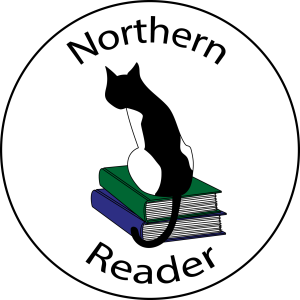Courage for the Home Front Girls by Susanna Bavin – a wartime story of friendship in the challenges of wartime Manchester

Courage for the Home Front Girls by Susanna Bavin
This is a book about the courage of people in wartime, the will to pull together and to survive the most challenging of circumstances. It is also about the pressures on young women of all types to behave in certain ways. Not that this is a sad book – it is also a celebration of true friendship in the face of adversity, and how that can overcome so many problems. This is the second engaging novel in an excellent new series by Susanna – reflecting her usual skilful blending of thorough research with a gripping narrative. This is the sort of novel that kept me reading avidly to the end as I became fully engaged with the characters and their situation. While Sally and Betty appeared in the first novel, this book could be read as a stand alone if only because it features Lorna, a completely new character from a very different background, and Susanna also carefully covers enough of a backstory to help a new reader. Lorna’s story is very different from anything I have seen in wartime novels, but probably does reflect the nature of the press at the time. The element that comes through is that people, especially the main characters in this novel, must stand together to meet the challenges that war on the Home Front brings, as well as the twists and turns of true romance. I was very pleased to have the opportunity to read and review this enjoyable book.
Sally and Betty have met various challenges in their early working relationship and now friendship. Working at a salvage yard is not a glamorous job, but is essential to the war effort in Manchester, where the novel is based. The discarded items, including paper and metal, can be reused and made into munitions, and the girls have to collect and sort many types of waste, even bones from cooking. A new element of their work is introduced when the shy and kind Samuel appears who is in charge of sorting donated books for libraries, troops and others in need of reading matter. Betty spends time helping sort out boxes of books in his bookshop, but her interest is seized by the handsome and smooth talking Eddie. Meanwhile Sally must continue to deal with the odious and bossy Mrs Lockwood who has inflated ideas of her own importance.
Lorna is the new character who is introduced in this book from a very different background and series of events which bring her to be working in the salvage yard. She comes from a very wealthy background, but her father still wants to use her to increase his social standing and position. She feels her situation very deeply, but when the worse happens she finds herself in need of a safe and discreet place. The work and setting of the yard comes as a shock, and she has to discover much about herself and the nature of true friendship in order to settle.
This is a powerful and well written book which has much to say about the sort of life people had to live in wartime outside London. As always, the research is impeccable, but is never allowed to slow the narrative which moves along at impressive pace. The feelings of the young women, especially Betty, are very well captured, as well as the small points of clothing, food and the other details which really bring this book alive and give real depth. I recommend this as a strong wartime novel focusing on the lives of women at the time, and a really good read.


